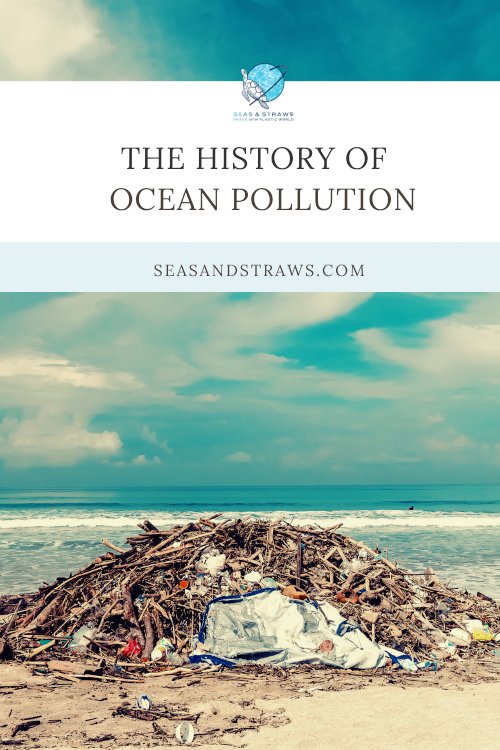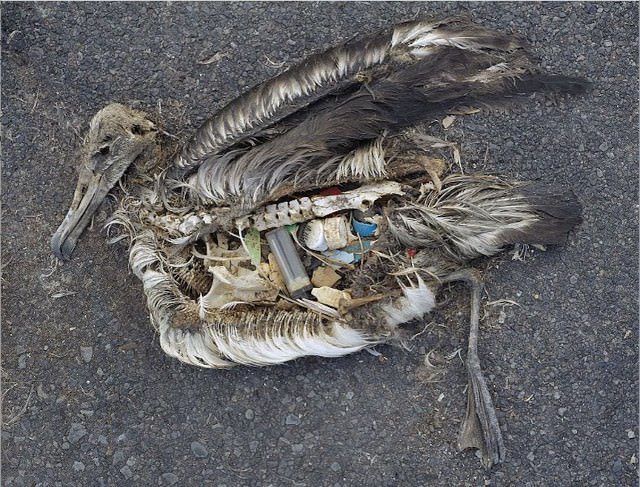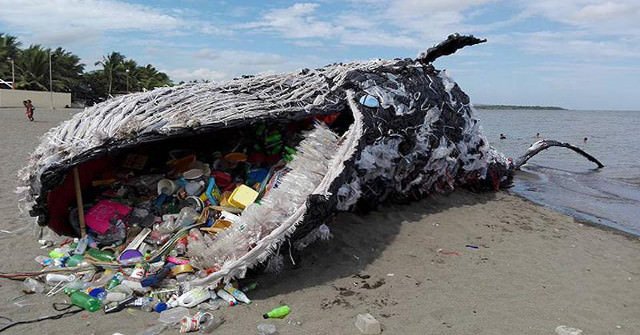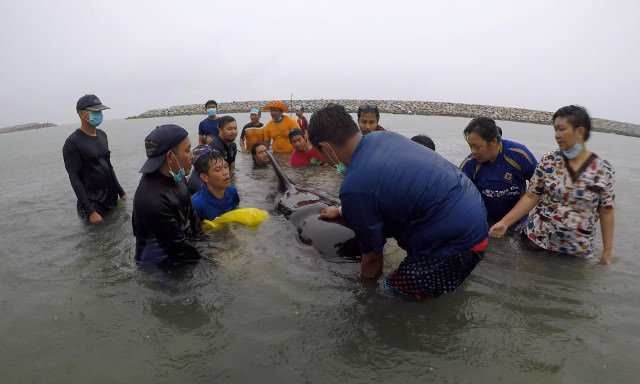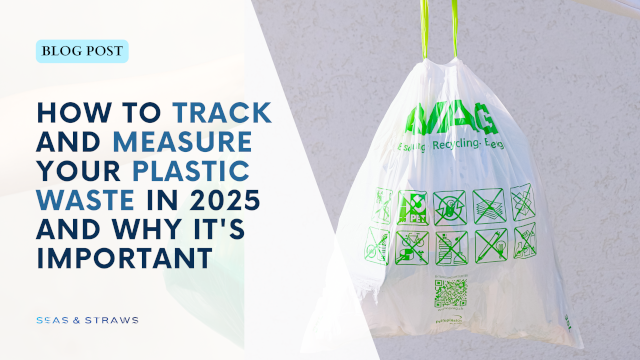- Home
- Ocean Pollution
- History of Ocean Pollution
The History of Ocean Pollution
The ocean has long been viewed as a vast, seemingly limitless expanse of water, with its depths shrouded in mystery and its surface a symbol of serenity and calm. However, the reality of the ocean today is much different from this romanticized image. In fact, the ocean is under constant threat from pollution caused by human activity. In this blog post, we will explore the history of ocean pollution, from its earliest beginnings to the present day.
The earliest recorded instance of ocean pollution dates back to ancient times, when the Greeks and Romans would dump waste and sewage into the Mediterranean Sea. However, it wasn't until the Industrial Revolution in the 18th and 19th centuries that ocean pollution began to reach truly alarming levels. With the advent of factories and the mass production of goods, industrial waste began to pour into nearby waterways, ultimately making its way into the ocean. In addition, the rise of global trade led to an increase in shipping activity, which resulted in oil spills and other forms of pollution.
The 20th century saw an unprecedented increase in ocean pollution, as the world's population and industrial output continued to rise. In 1968, the National Academy of Sciences found that more than 100 million tons of waste had entered our oceans (and plastics weren’t even a major contributor). One of the most significant events in the history of ocean pollution occurred in 1969, when an oil platform off the coast of Santa Barbara, California, experienced a blowout that resulted in 3 million gallons of crude oil spilling into the ocean. This event shocked the nation and led to the creation of the Environmental Protection Agency (EPA) in the United States.
Throughout the 1970s and 1980s, awareness of ocean pollution continued to grow, with a number of high-profile incidents bringing the issue to the forefront of public consciousness. In 1978, the tanker Amoco Cadiz ran aground off the coast of France, spilling 68 million gallons of oil into the ocean. This disaster led to the creation of the International Convention for the Prevention of Pollution from Ships, which set standards for shipping practices and required ships to carry pollution prevention equipment.
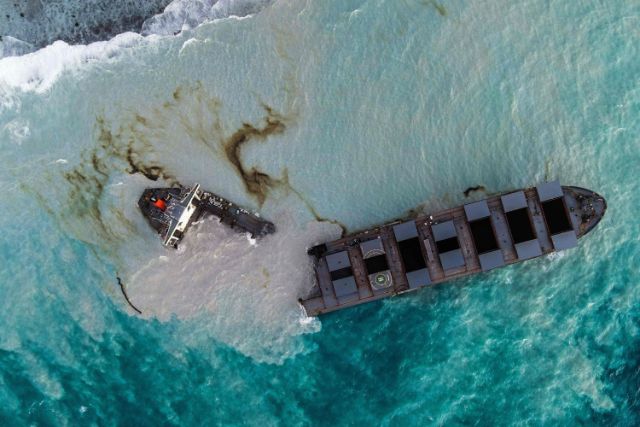 Oil spill from grounded tanker
Oil spill from grounded tankerIn the 1980s, concerns over ocean pollution shifted from oil spills to the issue of plastic waste. Plastic pollution has become one of the most pressing environmental issues of our time, with an estimated 8 million tons of plastic waste entering the ocean each year. This waste has devastating effects on marine life, with animals often mistaking plastic for food and ingesting it, which can lead to suffocation, starvation, and other serious health problems.
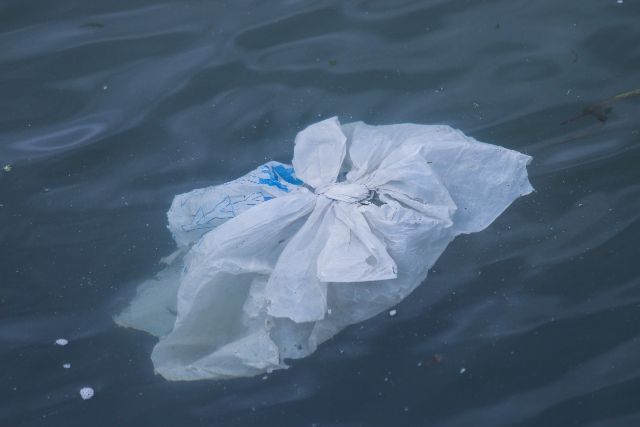 A plastic bag in the ocean
A plastic bag in the oceanIn recent years, the issue of ocean pollution has gained even greater visibility, as the effects of climate change have become more apparent. Particularly contributing to this is plastic pollution; there is an estimated 75 to 199 million tons of plastic waste currently in our oceans, with a further 33 billion pounds of plastic entering the marine environment every single year. Rising sea levels, warming ocean temperatures, and ocean acidification are all having a profound impact on marine ecosystems. In addition, the growing use of fossil fuels has led to an increase in ocean acidification, which can have devastating effects on coral reefs and other marine life.
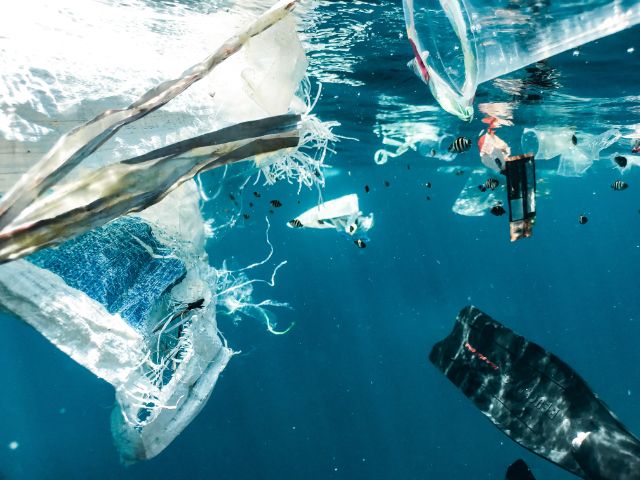 Currently, there are about 50-75 trillion pieces of plastic in the ocean.
Currently, there are about 50-75 trillion pieces of plastic in the ocean.Despite these challenges, there is reason to be hopeful about the future of the ocean. The past few decades have seen significant progress in reducing pollution levels, with many countries implementing stricter regulations and standards for industrial and shipping practices. In addition, there has been a growing movement towards sustainable practices, such as recycling and reducing plastic waste.
As individuals, we can also play a role in reducing ocean pollution. Simple actions, such as properly disposing of trash and recycling, can have a big impact. We can also support organizations that are working to protect the ocean and its inhabitants, and advocate for stronger environmental policies.
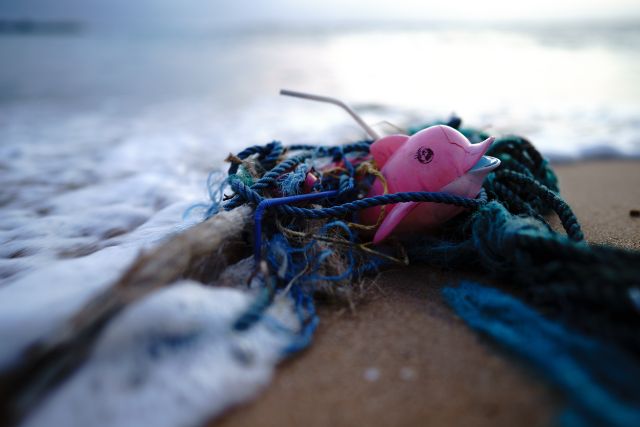 Always properly dispose of trash and do not litter.
Always properly dispose of trash and do not litter.